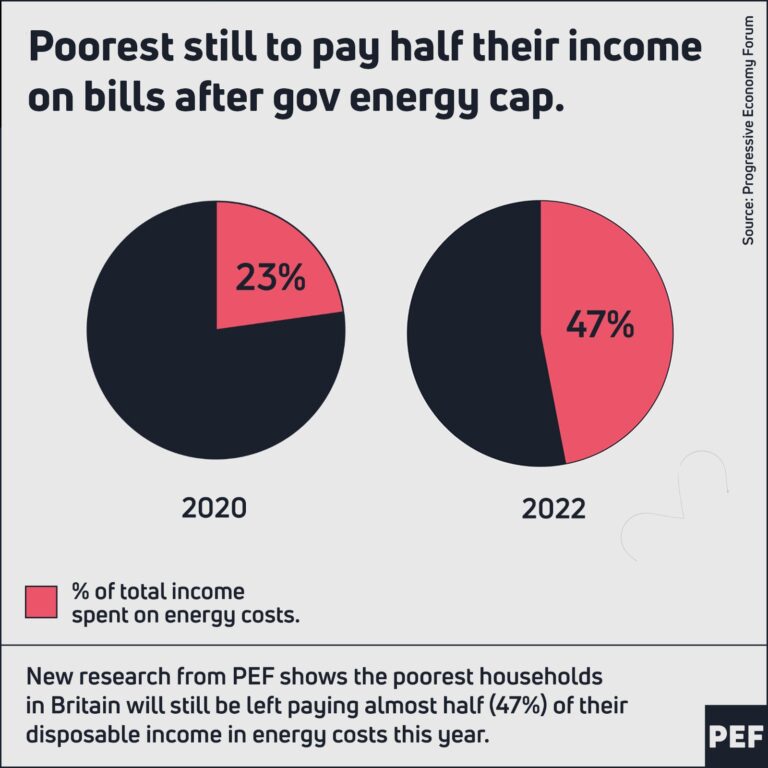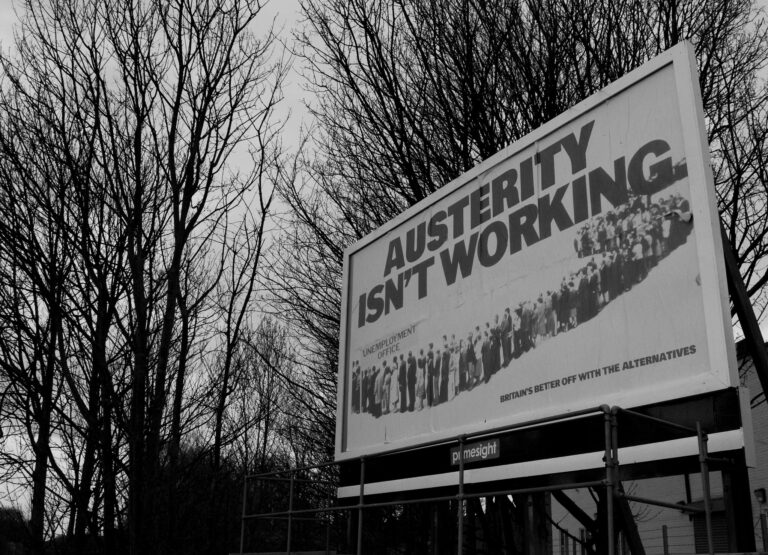Labour and Conservative Parties, plus the Liberal Democrats, commit themselves to increased public expenditure, apparently ending almost a decade of debilitating fiscal austerity. PEF welcomes this change in policy by the Conservatives and the Liberal Democrats. No voter should conclude that the fiscal frameworks of these parties are essentially the same.
First, while the Labour Party commits to the most substantial budgetary expansion, it is a mistake to focus on the overall size of the expenditure increases each party promises. This quickly leads in bickers over what is actually new and whether commitments are sufficient for the goal sought. Second and equally unenlightening, focus on amounts invariably degenerates into assertions about “affordability”. The commitments of all parties are “affordable” in the basic sense that they are easily financed by an appropriate combination of growth-generated revenue flow, new and higher taxes, and borrowing.
These two considerations identify the central difference that divides the party approaches. Of all parties, large and small, only Labour places its expenditure programmes into a clear fiscal framework, part of an overall plan for reversing austerity, environmental protection, inequality reduction and economic modernisation. Without an expenditure framework, commitments may be laudable, but their impact is piecemeal. It is for that reason, their structured nature linked to outcomes, that PEF assesses the Labour Party’s fiscal plans as the most credible and effective.
Most assessments of the party fiscal commitments by think-tanks will focus on their impact on the fiscal balance (“deficit”) and the public debt. This approach is both misleading and banal. It is misleading because few if any of the assessing organizations employ a systemic framework and covers the entire economy. As a result, many direct and indirect effects of expenditure and tax are ignored. For example, spending tends to expand the economy, which generates more revenue. Tax increases slow expansion, thus reducing revenue growth. Only a systemic framework allows evaluation of the net effect of spending and taxation on deficit and debt outcomes.
The narrow focus on deficit and debt is banal because it judges a broader public purpose, rejuvenation and transformation of UK society, on the basis of cost accounting. In the autumn of 1939 with Britain facing an existential threat, no major politician made the decision of war and peace based on affordability. Nor should we now, as we face existential threats of climate change and social cohesion.
Photo credit: Flickr/Rain Rabbit.








